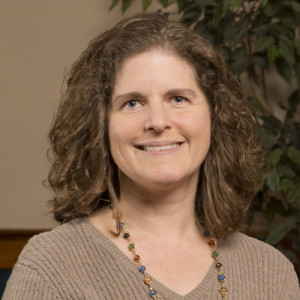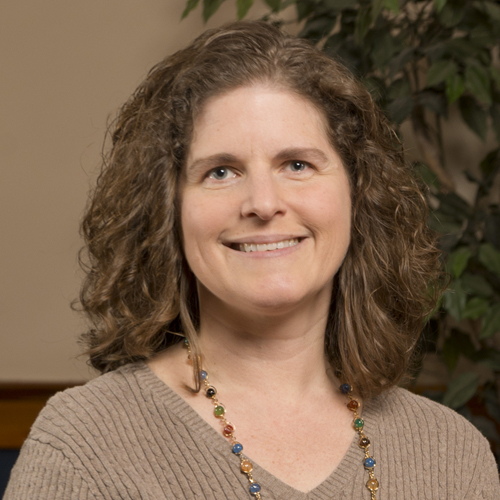The Gift of a Liberal Arts Education

here at MC. Photo courtesy of the Maryville College website.
Last spring I participated in the college’s Identity Week and was asked to create my own “poster board quote” to represent some aspect of my identity. It was not difficult to come up with a core piece of my identity to share: “I got my strong work ethic from my strong single mom. I’m the first in my family to go to college, but I come from a long line of damn hard workers, and that has made all the difference.”
For me, education was always an incredible gift, a privilege. From early in my elementary school experience, I always saw school and learning as “an instrument of liberation and growth,” as our MC Statement of Purpose describes it. School was a safe harbor where I was free to explore, where what I learned was mine to take and use and expand and connect.
Learning and the promise of life-long learning represented security and hope and possibility and empowerment. Education meant a future where I would have more choices and opportunities than my hard-working but non-college-educated family members seemed to have.
As an undergraduate at the University of Richmond, a liberal arts institution, I quickly learned that the liberal arts meant far more than the collection of a broad base of knowledge. It meant bringing my whole self (values, faith, personality, family background, etc.) to the table, and it also meant taking all that I had gained through my education and giving it back to those people and communities around me.
Many of you may be familiar with historian William Cronon’s essay “Only Connect,” as it has long been a favorite reading for some freshman seminar instructors. Cronon’s paper includes a list of ten qualities of a liberally educated person. I have a few favorites, but the list is worth seeing in full, again and again.
They listen and they hear.
They read and they understand.
They can talk with anyone.
They can write clearly and persuasively and movingly.
They can solve a wide variety of puzzles and problems.
They respect rigor not so much for its own sake but as a way of seeking truth.
They practice humility, tolerance, and self-criticism.
They understand how to get things done in the world.
They nurture and empower the people around them.
They see connections – everywhere.
What a gift to work on puzzles like racial justice and evolving notions of gender and sexuality, to listen and hear what my child says and find the value and meaning in it, to understand how to get things done and use that power to stand up and speak out when I see injustice, to nurture and empower students who will leave MC and change the world in big and small ways, to genuinely listen to and talk with my grandmother and second-cousins about complex and divisive world issues.
And so my liberal arts education allows me to honor those who came before me and the qualities and values they exemplified. They worked so hard in a context of very constrained choices so that I might experience all the wonders of living the life of a liberally educated person. For these gifts I am deeply grateful.

